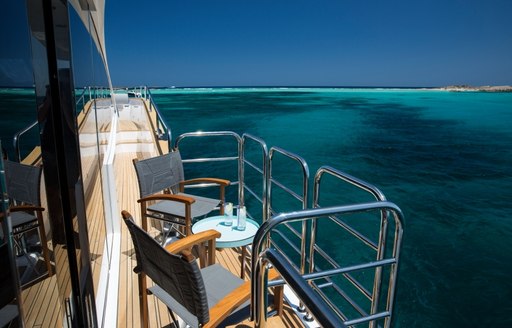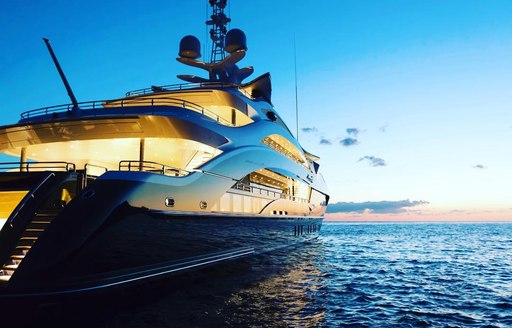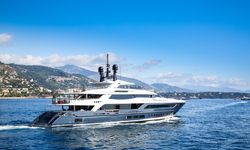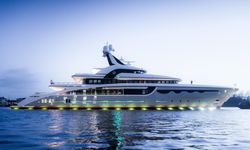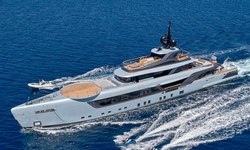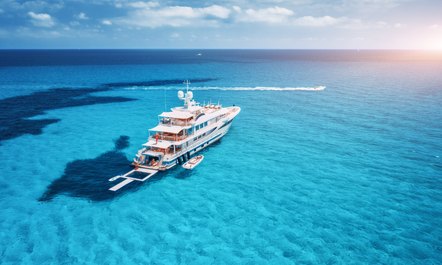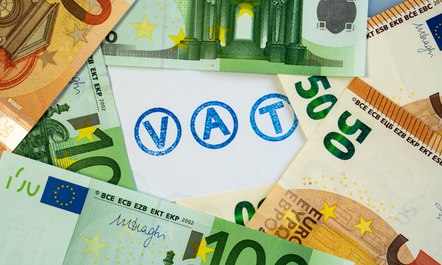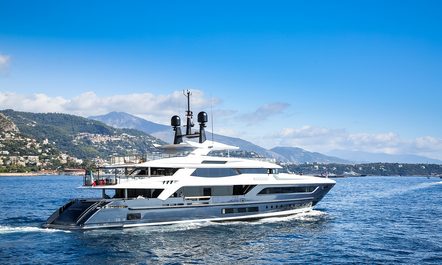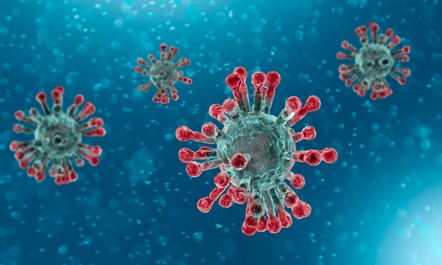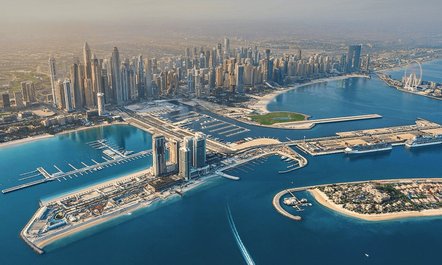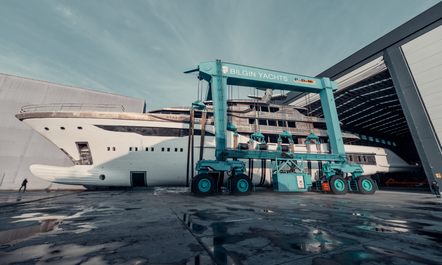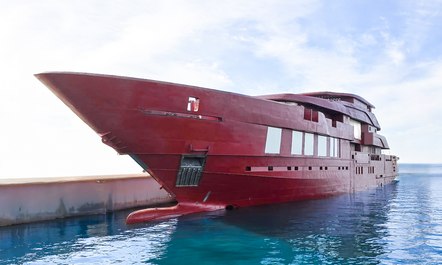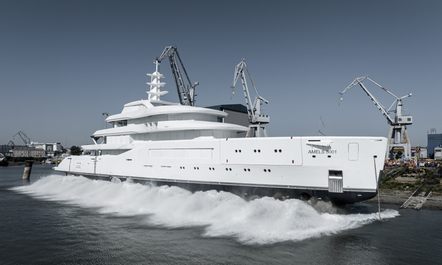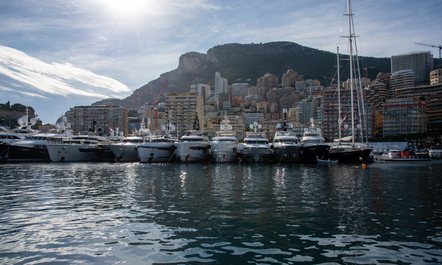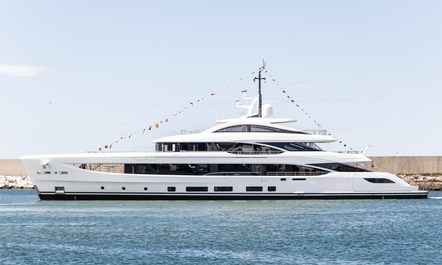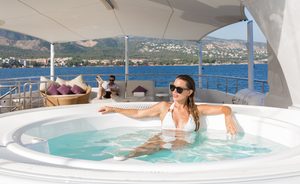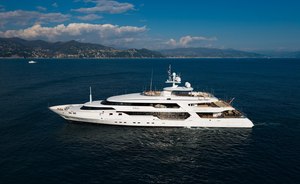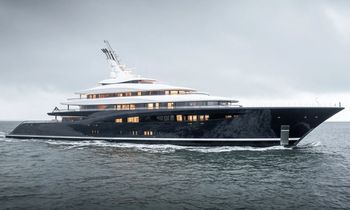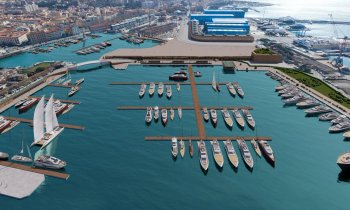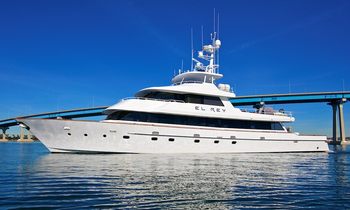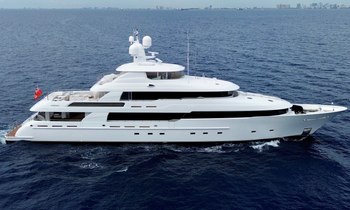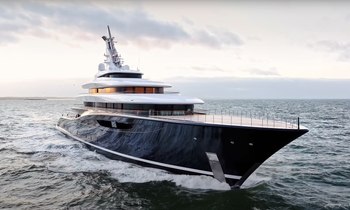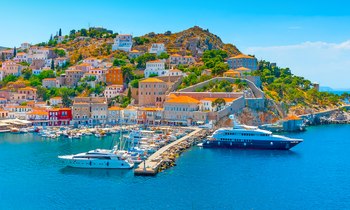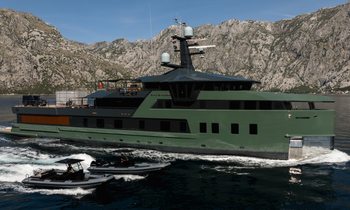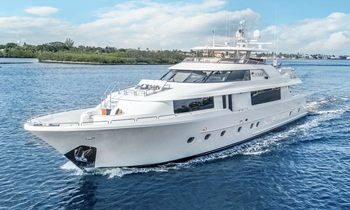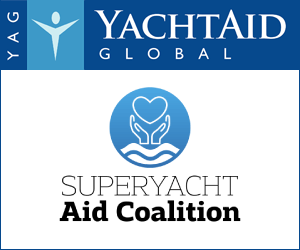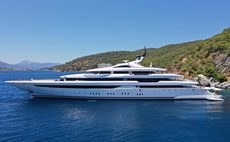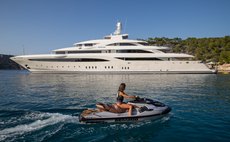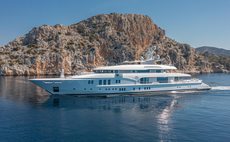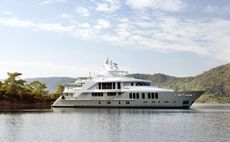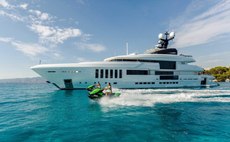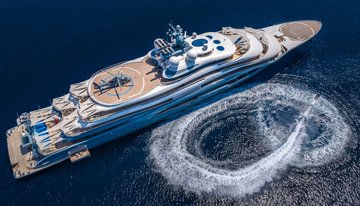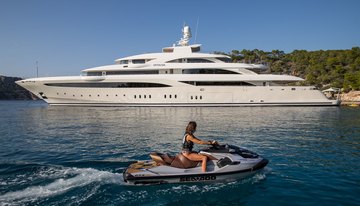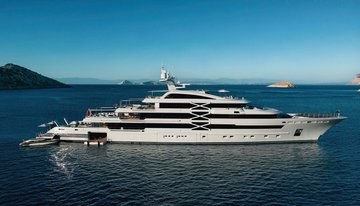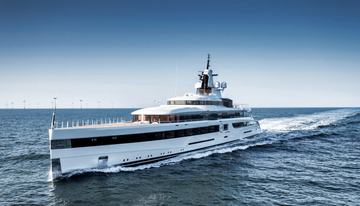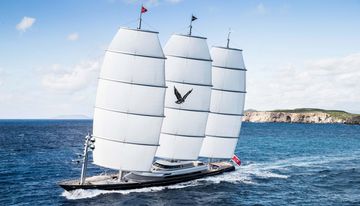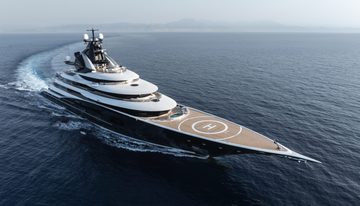COVID-19 particles can’t live for longer than 2 minutes when exposed to direct sunlight, high temperatures and humidity, according to preliminary findings by the US Department of Homeland Security and Technology.
Leading researchers suggest that Coronavirus particles ‘die’ on non-porous surfaces such as metal, stainless steel, glass, varnished wood and certain plastics when exposed to direct sunlight in temperatures of 70° Fahrenheit (21°c) and above.
The findings suggest that the virus cannot live for longer than 2 minutes in these conditions.
Sunlight, high temperatures and humidity are the most prevalent weather conditions in destinations where superyachts are based.
What’s more, glass, metal and other non-porous materials are commonly used in the construction and furnishing of superyachts, suggesting that yachts may present a lower risk of harboring Coronavirus particles.
Our most striking observation to date is the powerful effect solar light seems to have on killing the virus, both surfaces and in the air.
The findings suggest that even if COVID-19 particles were introduced on a yacht, they might die quickly before being able to infect anyone.
Yachts are maintained to the highest standards of hygiene already, and yacht crew are currently being extra vigilant about cleanliness and maintaining a sterile on-board environment.
However, if a small number of particles were transmitted onto a yacht, these findings suggest that they would not be able to survive for longer than 2 minutes in direct sunlight on certain surfaces.
Department of Homeland Security Science and Technology Directorate boss Bill Bryan presented the findings at the White House news conference on Thursday in the presence of President Donald Trump.
“Our most striking observation to date is the powerful effect solar light seems to have on killing the virus, both surfaces and in the air.” Commented Bryan.
“We’ve seen a similar effect with temperature and humidity as well, where increasing the temperature and humidity – or both – is generally less favorable to the virus.”
Bryan showed that the research suggests that the ‘half life’ – the time it takes for the number of virus particles to decay and halve in number – dramatically decreases as the weather warms up and UV levels increase.
Commenting on the findings, Bryan claimed: “The virus is dying at a much more rapid rate just from exposure to higher temperatures…In summary, within the conditions we’ve tested to date, the virus in droplets of saliva survives best in indoors and dry conditions.
“The virus does not survive as well in droplets of saliva, and dies the quickest in the presence of direct sunlight in these conditions.” Stated Bryan.
The experiment conducted by the research team suggests that UV rays destroy COVID-19 both on surfaces and in air, but the research has not yet been made public or received an external evaluation.
Bryan was quick to point out that it would be ‘irresponsible’ to suggest that summer weather would kill the virus, as these findings are still in their early stages.
However, weather and UV rays often play an important factor in the transmission of infectious diseases. Transmission of the flu, for example, usually correlates with cold temperatures and dry air.
Speaking to Bloomberg, William Schaffner, an infectious disease professor at Vanderbilt University in Nashville, Tennessee said; “We know that respiratory viruses are quite seasonal. Coronaviruses are also respiratory viruses, and we had hope and anticipation it would be, too.” However, it’s still not clear that this new strain, known as Sars-Cov-2, will show significant seasonal variation.
YachtCharterFleet is continually monitoring the research and developments in the fight against COVID-19. We will be sure to keep you updated on this Breaking News story.
If you would like more information about booking a yacht, please reach out to your preferred yacht charter broker.
You may be considering a Social Distancing Travel; discover why Yacht Charter is the Ultimate Social Distancing Vacation.
For more information about superyacht rental amid the Coronavirus pandemic, Social Distancing Vacations and travel updates, please refer to our Yacht Charter and Coronavirus Guide.
RELATED STORIES
EDITOR'S PICK


